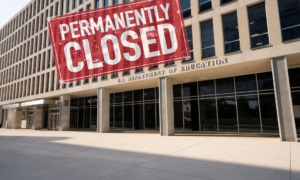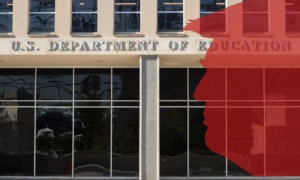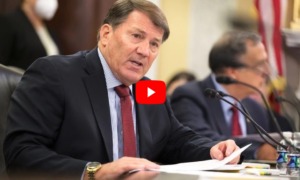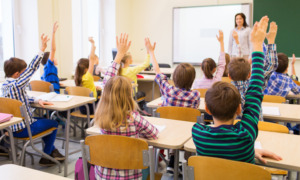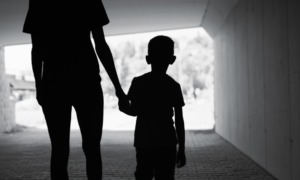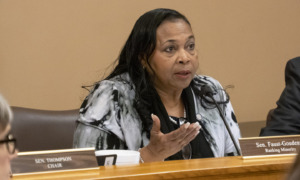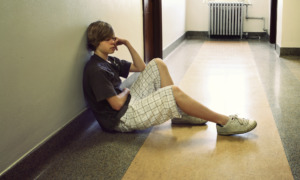All posts tagged "Health and Mental Health"
-
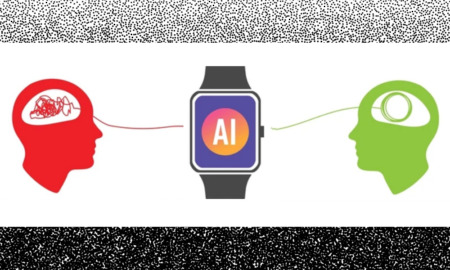
 1.4K► Podcasts
1.4K► PodcastsPodcast: The Mental Healthcare Crisis and AI
Can AI fill in for a shortage of human therapists?
-
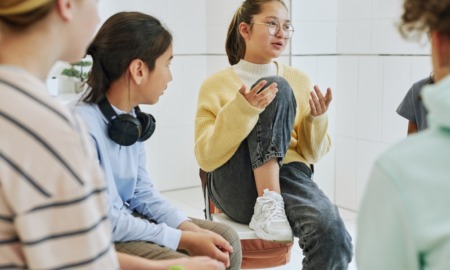
 1.3KNews
1.3KNewsThere’s a mental health crisis among American teens. Many are becoming their own mental health advocates.
The suicide of Julie Hansen's two closest friends to inspired her to speak out.
-
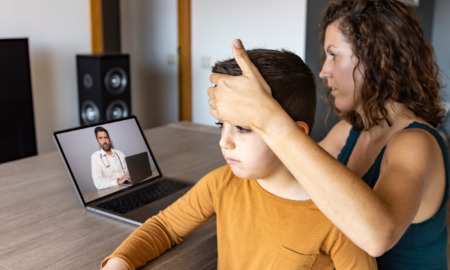
 915News
915NewsTelemedicine and teletherapy: Unexpected ways to fight chronic absenteeism
In-school telehealth clinics offer students healthcare without missing school for a doctor's office visit.
-
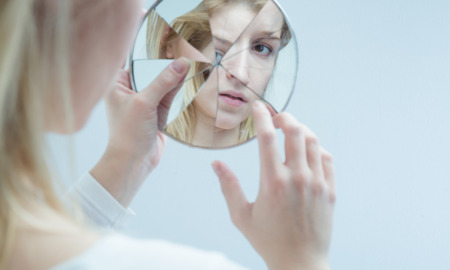
 1.4KNews
1.4KNewsOn paper, teens are thriving. In reality, they’re not
Around 2010, traditional measures of well-being diverged from youth reports of their mental health.
-
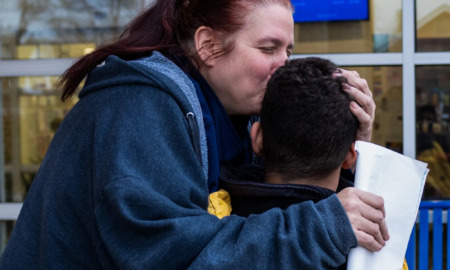
 667News
667NewsSchools are sending more kids to psychiatrists out of fears of campus violence, prompting concern from clinicians
Psychiatrists say schools frequently inequitably apply, misuse and misunderstand psychiatric evaluations.
-
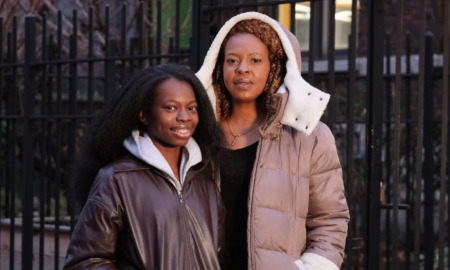
 636News
636NewsThis NYC teen wants therapy. Her mom isn’t so sure.
Mental health treatment for teens is usually more effective when parents are on board.
-
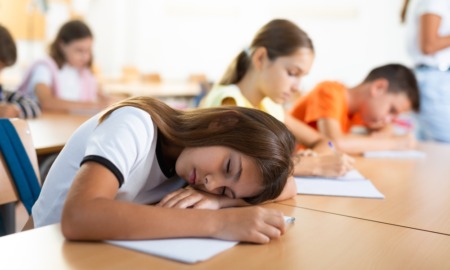
 1.4KNews
1.4KNewsOverscheduling kids’ lives causes depression and anxiety, study finds
The statistical techniques are new. Researchers debate about how and when to use them.
-
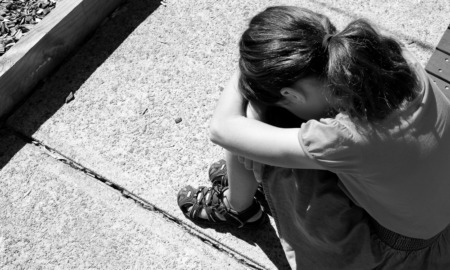
 1.3KGuest Opinion Essay
1.3KGuest Opinion EssayQ&A: Healing from child sexual abuse is often difficult but not impossible
Abuse disclosure, consistent support from safe adult caregivers, and therapy are important for recovery.
-
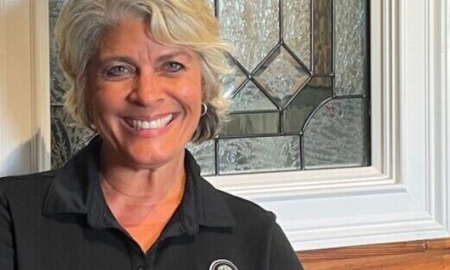
 506News
506NewsEveryday Hero: Andrea Hancock dreams of a night when bed bugs don’t bite
Making a difference with clean bedding and pest control for the most at-risk communities.
-
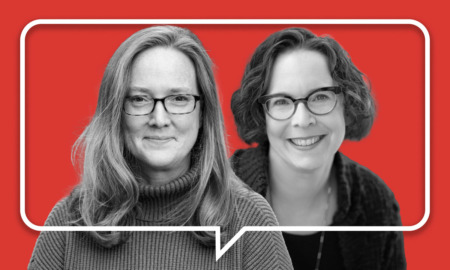
 1.1KNews
1.1KNewsQ&A: Experts on kids & social media weigh the pros and cons of ‘growing up in public’
Half of U.S. teens spend at least four hours a day on social media.
-

 753News
753NewsGeorgia woman advocates for disabled rights after sudden accident
Marietta, Georgia, resident Marjorie Rogers suffered a traumatic brain injury in 2018.
-
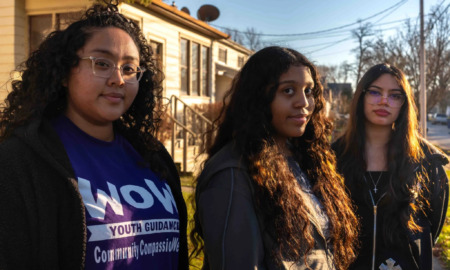
 1.1KNews
1.1KNewsThe mental health needs of Black and Hispanic girls often go unmet. This group wraps them in support
WOW offers weekly meetings to students of all races who identify as female/nonbinary.
-

 693News
693NewsNew York closed psych beds for youth in crisis. Now, foster care programs and host towns are being pushed to the limit.
Kids with acute mental health challenges are on campuses ill-equipped to handle them safely.
-
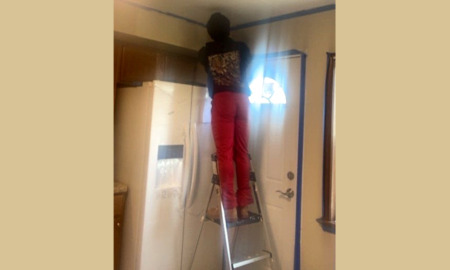
 1.0KGuest Opinion Essay
1.0KGuest Opinion EssayTrauma-informed ‘hubs’ reduce Chicago youth incarceration
The hubs, administrators say, follow best practices and principles of trauma-informed youth development and rehabilitation.
-
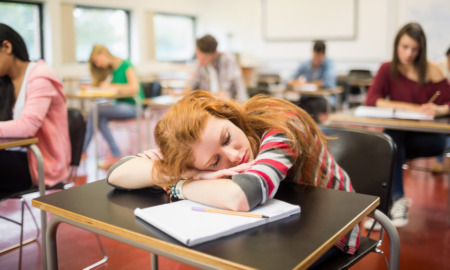
 1.3KGuest Opinion Essay
1.3KGuest Opinion EssayStudents could get more sleep and learn better if school started a little later
Research shows sleep deprivation worsens memory, learning ability, attention span, creativity, and school attendance.
-
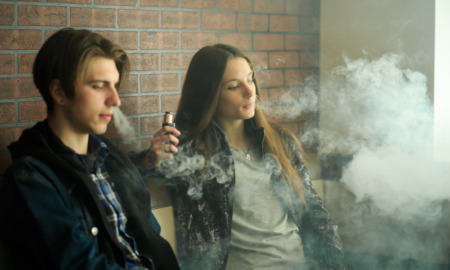
 1.4KNews
1.4KNewsCalifornia banned sales of flavored e-cigarettes in 2022: Study finds online stores are still selling them, even to kids
Nicotine in e-cigarettes can impair an adolescent’s brain development and can contain cancer-causing chemicals.
-
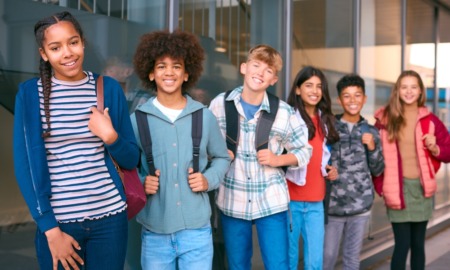
 907Guest Opinion Essay
907Guest Opinion EssayTeaching positive psychology skills at school may be one way to help student mental health and happiness
American young people are reporting historically high levels of hopelessness, sadness and loneliness.
-
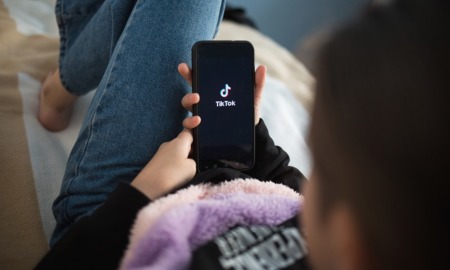
 1.5KNews
1.5KNewsParental concern over social media use unites unlikely allies in Congress
Pending child online safety legislation includes the Kids Online Safety Act.
-
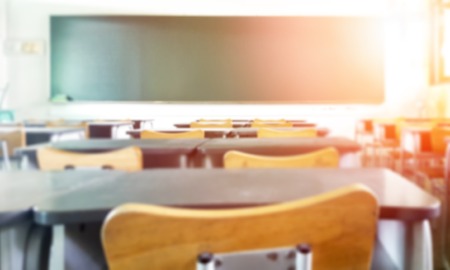
 1.7KNews
1.7KNewsNearly two-thirds of US schools now offer students and families help with hunger, housing and healthcare
Sixty percent of public schools reported using a community school or wraparound services model.
-
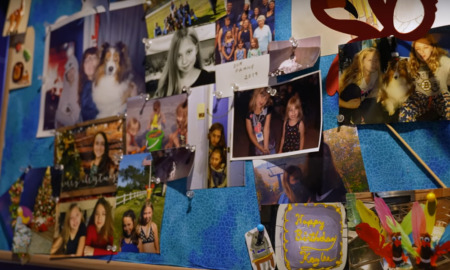
 2.0KNews
2.0KNewsFutures on hold: The kids of long COVID
I am one of some 40 million Americans with long COVID.






